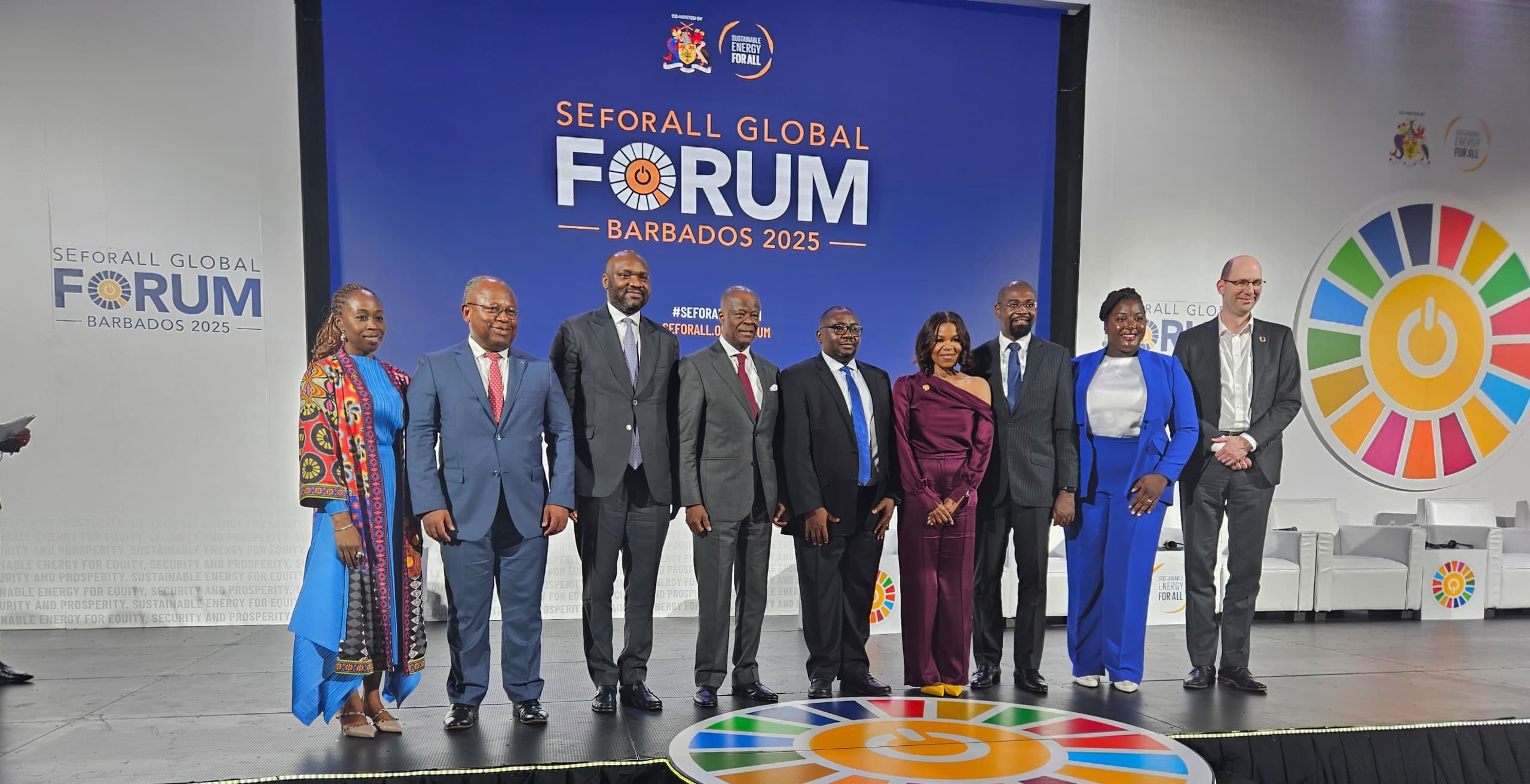Despite achieving remarkable success in combating maritime piracy, Nigeria continues to pay a staggering $1.5 billion in War Risk Insurance (WRI) premiums – a financial burden that threatens the nation’s economic competitiveness. This comprehensive analysis examines the origins, impacts, and ongoing battle against these controversial charges.
The Historical Context of War Risk Premiums
The imposition of WRI on Nigeria-bound cargo began during the peak of Niger Delta militancy (2006-2015) when pirate attacks in the Gulf of Guinea accounted for over 40% of global incidents. At its worst in 2012:
- 96 attacks were recorded annually
- 207 crew members were taken hostage
- $1.3 billion in cargo was lost to piracy
These premiums were originally justified by Lloyd’s of London as necessary protection against:
- Vessel hijackings
- Crew kidnappings
- Cargo theft
- Port security threats
Nigeria’s Dramatic Security Turnaround
Through the $195 million Deep Blue Project launched in 2021, Nigeria has achieved:
- 30 consecutive months without a single piracy incident
- 90% reduction in Gulf of Guinea attacks since 2018
- International recognition from IMO and IMB
- Regional leadership in maritime security cooperation
The project’s success stems from:
- Satellite surveillance covering 250,000 sq km
- 24/7 patrols by special mission vessels
- Rapid response teams stationed at strategic ports
- Advanced radar systems monitoring territorial waters
The $1.5 Billion Financial Drain
Breakdown of current WRI costs:
- Crude oil shipments: $445,000 per VLCC voyage
- Container vessels: $525,000 per trip
- Dry bulk carriers: $380,000 average
- Container surcharges: 40−50 per TEU
These translate to:
- N720 billion annual added costs (at official exchange rates)
- 23% increase in consumer goods prices
- 7-12% higher production costs for manufacturers
Industry Reactions and Pushback
Maritime stakeholders are speaking out:
- Capt Tajudeen Alao (NAMM):
“Our freight rates remain 35% higher than regional averages despite better security” - Jonathan Nicol (Shippers’ Council):
“No war risk clause exists in our Bills of Lading – these are phantom charges” - Manufacturers Association:
“These premiums add 12% to production costs, making exports uncompetitive”
NIMASA’s Multi-Pronged Counteroffensive
The maritime agency is pursuing:
- Diplomatic Channels:
- UNCTAD appeals through Chatham House
- IMO pressure campaigns
- Bilateral talks with Denmark (targeting Maersk)
- Legal Reforms:
- Merchant Shipping Act amendments
- Local insurance mandates
- Port charge adjustments for non-compliant lines
- Operational Improvements:
- Expanded AIS coverage
- Enhanced port security certifications
- Regional security partnerships
The Global Insurance Industry’s Stance
Insurers maintain premiums due to:
- Historical risk patterns
- Claims processing delays in Nigeria
- Concerns about sustainability of security gains
- Geopolitical instability in the Sahel region
However, critics argue these justifications don’t reflect current realities, noting:
✓ Lower premiums for higher-risk regions
✓ Faster claims processing since 2022 reforms
✓ No piracy claims paid since 2021
Economic Impacts and Ripple Effects
The WRI burden affects multiple sectors:
- Agriculture:
- 15% increase in fertilizer import costs
- Reduced competitiveness of export crops
- Manufacturing:
- $2.3 billion annual added input costs
- 8% price disadvantage in ECOWAS markets
- Consumer Goods:
- N150 billion in annual price inflation
- Reduced purchasing power
The Path Forward: Solutions and Strategies
- Immediate Term (2024-2025):
- IMO certification of security gains
- Maersk surcharge negotiations
- Importers’ class action preparation
- Medium Term (2025-2026):
- National fleet development
- African insurance pool creation
- Digital risk monitoring systems
- Long Term (2027+):
- Regional maritime security integration
- Alternative trade finance mechanisms
- Nigerian re-insurance capacity building
Conclusion: A Test Case for African Maritime Sovereignty
Nigeria’s battle against unjustified WRI premiums represents more than an economic issue – it’s a test of the continent’s ability to:
- Define its own risk parameters
- Develop indigenous solutions
- Negotiate equitable global trade terms
As Minister of Marine and Blue Economy Adegboyega Oyetola stated: “We’ve secured our waters. Now we must secure fair treatment in global commerce.”
The coming months will determine whether international insurers will recognize Nigeria’s security achievements or maintain what industry leaders increasingly call “economic colonialism through insurance premiums.”
Data Sources:
- NIMASA Annual Reports (2021-2024)
- IMB Piracy Reports
- UNCTAD Maritime Statistics
- Manufacturers Association of Nigeria Data
- Central Bank of Nigeria Trade Analyses
















Got a Questions?
Find us on Socials or Contact us and we’ll get back to you as soon as possible.